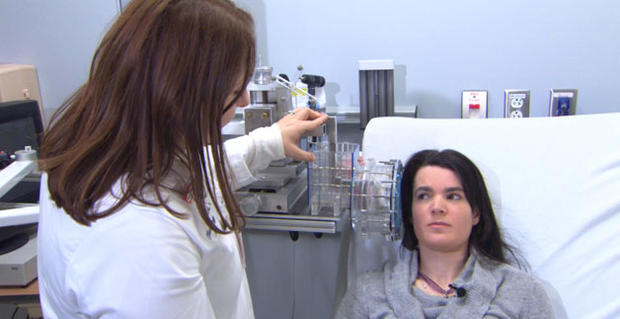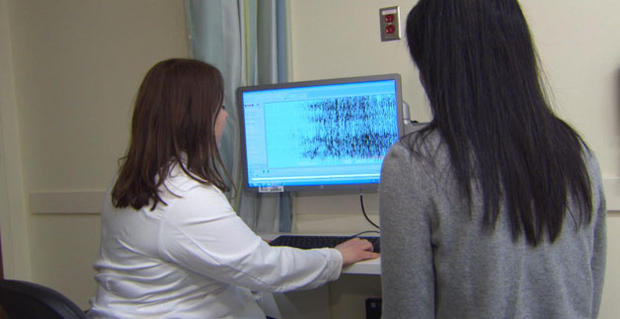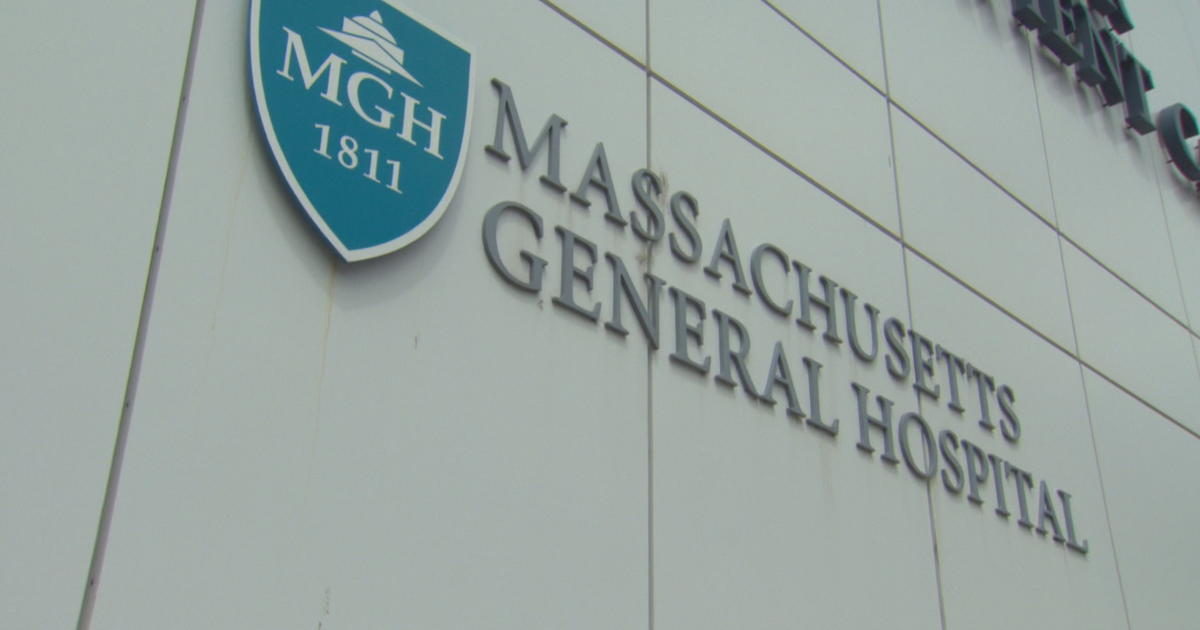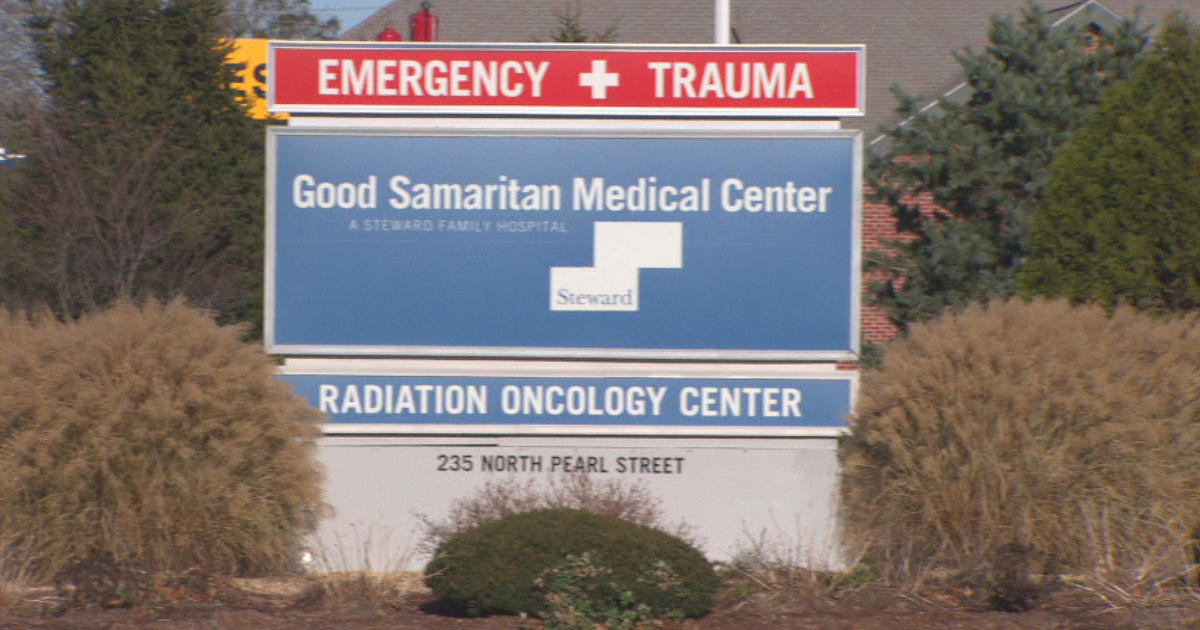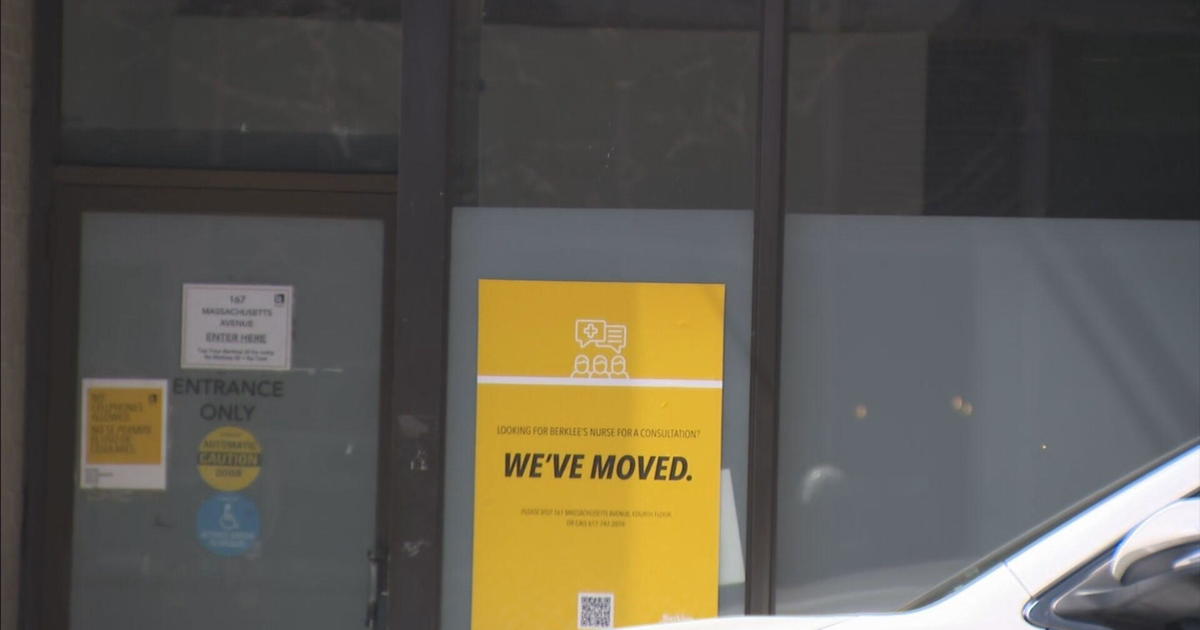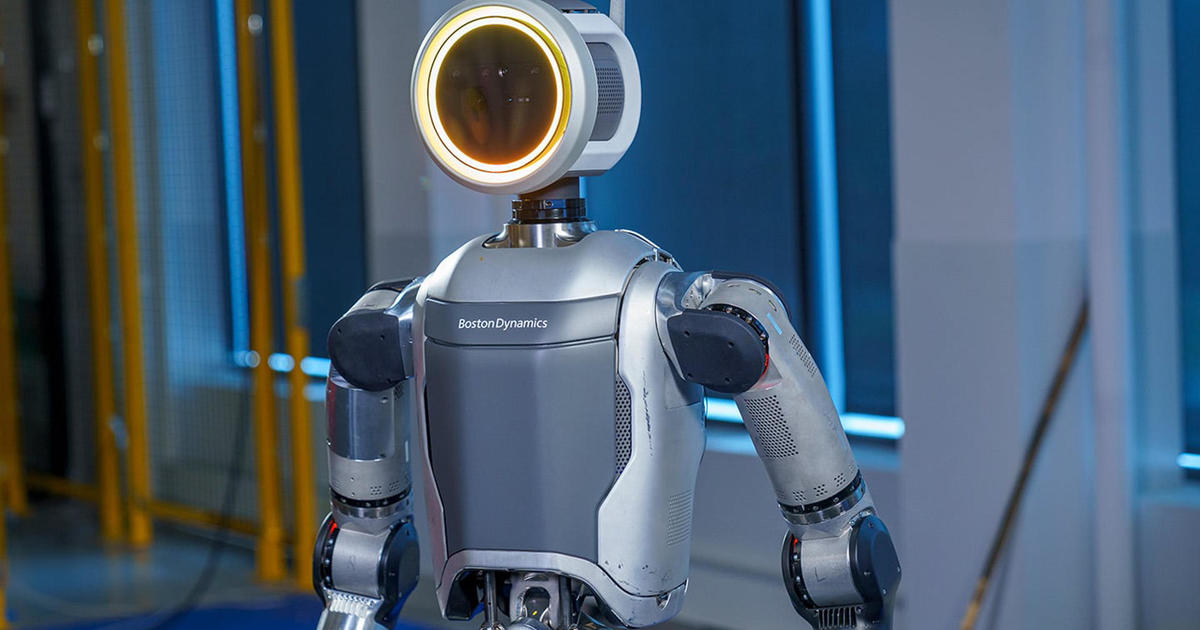Boston Hospital Testing Device To Rid Epilepsy Patients Of Seizures
BOSTON (CBS) - Tess Niemy was an outgoing sporty young girl when all of a sudden, at the age of seven, her life changed on the soccer field.
"I immediately just stopped, started staring into space," said Tess, a Salem resident.
Tess started having frequent staring spells sometimes six or seven a day. She was diagnosed with partial complex seizures, a type of epilepsy.
"It would just go all day and it was horrible," she says.
Now at the age of 27, she still has daily seizures, episodes where she just seems to "tune out" for a while.
"They could be talking to me and I could be like, 'It looks like I'm listening but I'm really not,'" Tess chuckles.
Tess has tried countless medications but like a third of people with epilepsy, which affects more than three million Americans, they don't really work.
"Ongoing seizures can be very debilitating," says Dr. Ellen Bubrick, an epilepsy specialist at Brigham and Women's Hospital and Tess' neurologist.
"First they suffer from increased rates of depression and anxiety, cognitive problems, and there's an elevated risk of suicide in this population and sudden death," she adds.
Dr. Bubrick and colleagues are testing a new device which uses low intensity focused ultrasound to treat patients like Tess.
"It's really just this sort of standalone single element device that will send focused ultrasound waves to a tissue not to destroy it or melt it but to neuromodulate it, to mechanically disrupt the tissue so it's not able to mount seizures," explains Dr. Bubrick.
It's painless with virtually no side effects and early animal and human studies are promising, and Dr. Bubrick says there is hope that it could be a cure for some patients.
Tess jokes if this device could get rid of her seizures, she'd be so hysterically happy, she might need sedation, as if she was having a seizure.
This device is one of the only ones in the world to deliver this type of treatment to patients with epilepsy.
Researchers at the Brigham are hoping to begin preliminary clinical trials with patients in the next few months.
